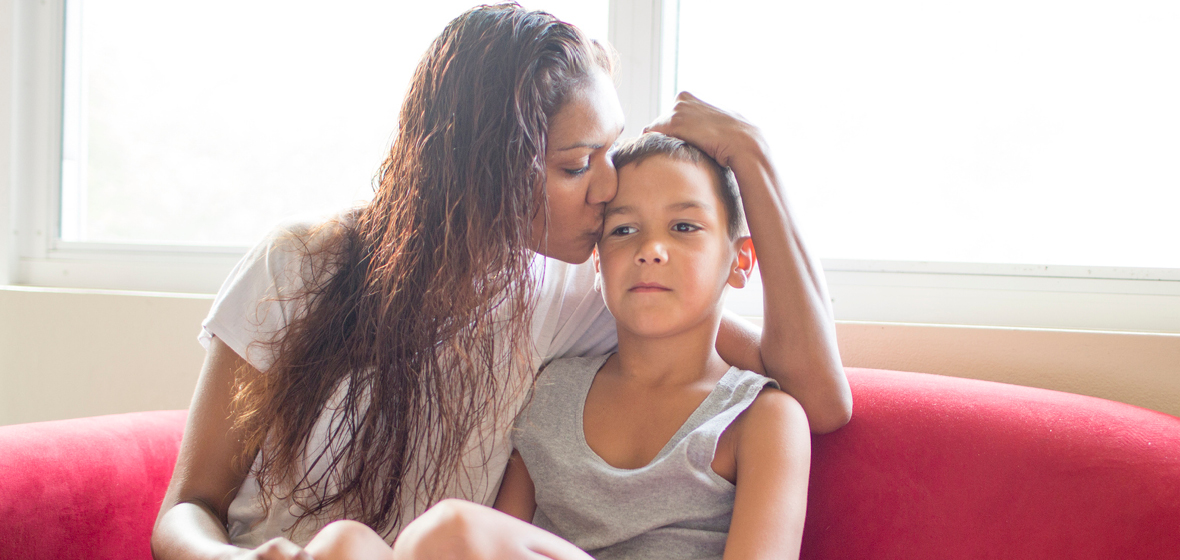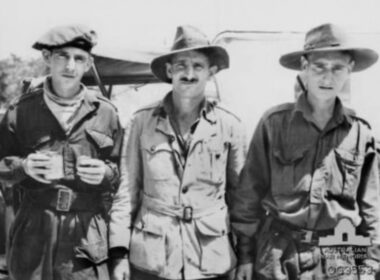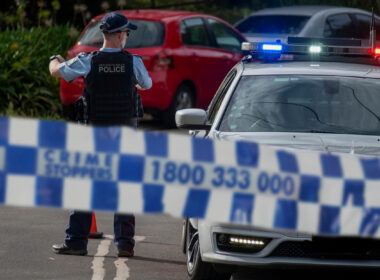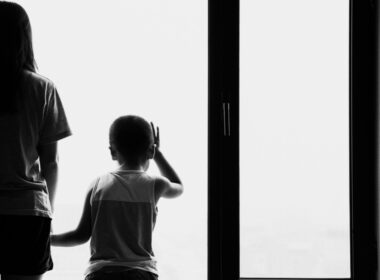A new campaign is underway to recruit more lawyers into pro bono work in a Federal Circuit Court list that aims to keep Indigenous children out of the care system.
The Court’s Indigenous List strives to protect Indigenous children and keep them connected to family and culture.
It encourages relatives of a child, whom they suspect may be at risk, to make an application for parenting orders. As a Federal Court, private applications are brought by individuals. This differs from the state-based Children’s Courts, where applications are initiated by child welfare authorities.
As part of the Indigenous List, the parents and proposed carers of the children are supported by Indigenous community services in relation to drug and alcohol, mental health or family violence issues.
Senior lawyers say the list is mending relationships between members of the Indigenous community and the justice system, as well as helping to keep Indigenous children from entering care. To date, there has been a zero drop-out rate among Indigenous families who have taken part in the list, which began in late 2016.
Those responsible for establishing the program hope more lawyers will consider volunteering their time and expertise. The pro bono work supports Indigenous clients who do not qualify for Legal Aid or the Aboriginal Legal Service but cannot afford private representation.
In the new “Our Kids” video campaign (pictured), directed by award-winning Indigenous filmmaker and lawyer Larissa Behrendt, an aunt makes an application to look after her nephew while her sister seeks help for issues relating to domestic violence. It emphasises there is a legal pathway that can keep Indigenous children connected to family and culture.
Skye Owen previously worked as an associate for Judge Robyn Sexton, who started the list in the Sydney registry. She is now “on the other side of the bar table” doing some pro bono work with Indigenous clients.
“It is work that I feel very passionate about and I can see the benefit of the work that is being done,” Owen, a senior associate at Lander & Rogers Lawyers, told LSJ.
“It really provides an alternative to the Children’s Court, where a lot of these children would have ended up.”
Indigenous children are over-represented in child protection and out-of-home care services compared to non-Indigenous children. In NSW, Indigenous children are 10.5 times more likely to enter the care system.
Owen has worked closely with Rick Welsh, a former member of the Law Society’s Indigenous Issues Committee who described the Indigenous List to LSJ as “therapeutic jurisprudence.”
“There had historically been real resistance and lack of trust in the justice system by the Aboriginal community and that is completely understandable,” Owen said.
“It takes time to build up the trust … but I think through this initiative we have shown what family law can offer to keep families together.
“We so often see [in the list] some of the most powerful women in their communities, who are so child focused and so determined on what is the right thing to do for the kids.
“Within the community, they may be very desperate for someone to guide them through the court process and that is what I feel very fortunate to be able to do. It is about looking after the kids and working with family to prevent these cases from ending up in the child welfare system, where the outcomes may be very poor.”
Owen hopes more lawyers will consider doing pro bono work for the list.
“As lawyers, we have an obligation to help people through the system and to ensure we are allowing all people equal access to justice,” she said.
For more information on pro bono work, visit: https://greatersydney.flpn.com.au/resources/our-kids




